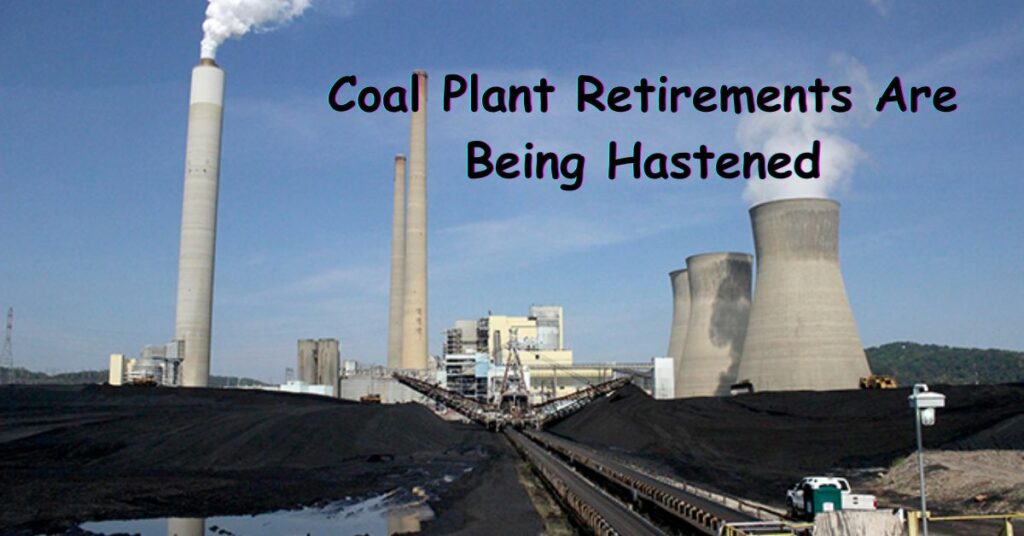The increasing structural demise of the U.S. coal sector significantly impacts the Mountain West. One of the major utilities in the West said this week that it will phase out the use of coal in Wyoming by 2030.
By 2032, PacifiCorp now serves roughly 2 million consumers across six states and will stop operating in Utah. The company stated that natural gas, renewables, and potentially small nuclear facilities would be used to make up for the lost output.
Rick Link, senior vice president of PacifiCorp, said, “We are engaged in a fundamental remaking of our regional generation and transmission network, which has served our customers so well for decades.”
“As new sustainable generating resources come online, we will expand our transmission network to ensure the reliability and reasonable costs our customers expect and deserve.”
Several utilities in the area, notably Colorado’s major utility Xcel Energy and Idaho Power, have also committed to phase-outs of coal in the coming years, so these actions are unsurprising.
According to Seth Feaster of the Institute for Energy Economics and Financial Analysis, coal plant retirements in the Mountain West and throughout the nation are primarily motivated by economic factors.
“It’s about the cost to ratepayers to pay for energy, and whether that’s a residential consumer or a big business consumer, they don’t want to be paying a lot for power,” Feaster said.
According to research issued this week by energy analyst David Feaster, the United States is scheduled to reduce its coal-fired power capacity by half from its high levels from 2011 to 2026, based on existing plans and declarations from utilities.
He said that communities traditionally relying on mining and other coal-based sectors must be prepared, calling it an “amazing” transformation.
“There’s a lot of places, understandably, that is economically dependent on coal, that want to try and preserve the status quo. Unfortunately, the economic forces driving the transition are much bigger than any individual town or any individual utility,” Feaster said. “In the same way that the automobile replaced the horse and buggy, the energy markets are changing.”
The most recent reports, with all the essential information-
- Oregon Updates Its 50-year-old Land Use Regulations for Chipmakers.
- Oregon Lawmakers Pass a Historic Chipmaker Incentive.
PacifiCorp’s announcement to increase its battery storage capacity indicates this shift toward renewable energy. According to recent U.S. Energy Information Administration statistics, renewable power production topped coal and nuclear for the first time in 2022. Particularly since 2010, wind and solar have shown explosive development.
EIA economist Tyler Hodge said, “As renewables expanded over time, they became much cheaper to build new power plants, especially compared with traditional fossil fuels.”
Communities struck by the shift away from coal will benefit from investments in sustainable energy initiatives recently announced by the Biden administration. Despite the national economic crisis, Wyoming’s legislature has enacted measures to sustain the state’s coal sector, including one that might lead to higher consumer energy prices.
